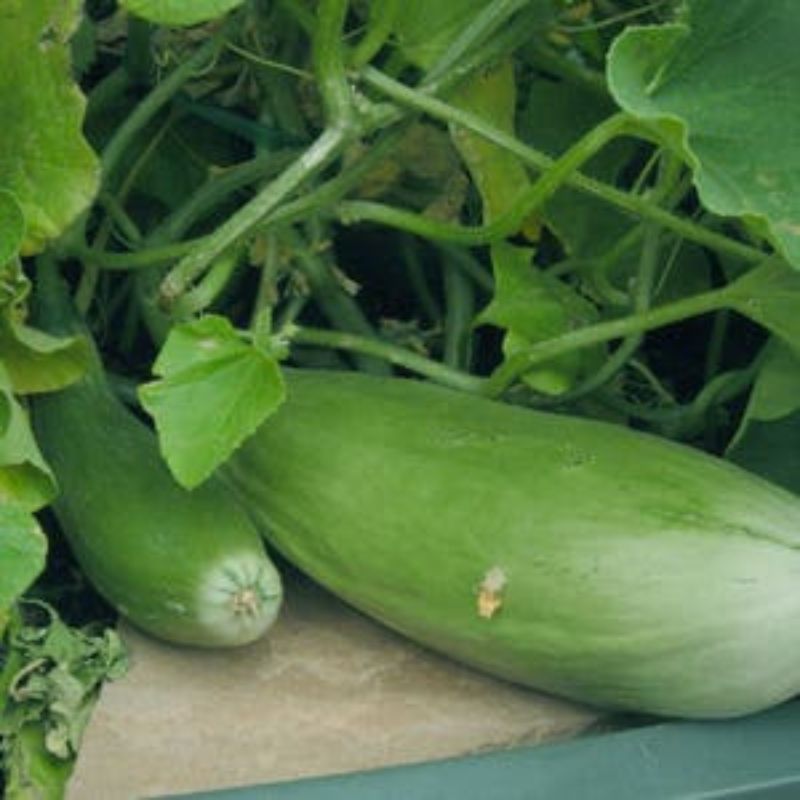- Historical context: Cucumis melo, commonly known as melon, has been cultivated for thousands of years. It is believed to have been first domesticated in the regions of Africa and Southwest Asia.
- Geographical origination: The melon is thought to have originated in Africa and Southwest Asia, with evidence of cultivation dating back to ancient Egypt and Persia.
- Relevant cultural significance: Melons have been a significant part of various cultures, especially in the Middle East and Mediterranean regions, where they are often enjoyed as a refreshing summer fruit.
- Time period of discovery: The exact time period of discovery is unclear, but melons have been cultivated since at least 2000 BCE.
- Original habitat: Melons originally thrived in semi-arid regions with warm climates.
- Notable historical uses: Historically, melons were used not only as a food source but also for their hydrating properties in arid climates.
- Ideal temperature range: 70-85°F (21-29°C) during the day and not below 60°F (16°C) at night.
- Soil type: Well-drained, sandy loam soil with a pH of 6.0-6.8.
- Sunlight requirements: Full sun with at least 6-8 hours of direct sunlight per day.
- Watering needs: Consistent watering is crucial, especially during fruit development. Avoid overhead watering to reduce the risk of fungal diseases.
- Planting season: Plant seeds in late spring after the last frost when the soil temperature is at least 70°F (21°C).
- Germination time: Seeds typically germinate in 7-10 days under optimal conditions.
- Growth cycle duration: Melons generally take 70-90 days from planting to harvest, depending on the variety.
- Common pests and diseases: Common pests include aphids, cucumber beetles, and spider mites. Diseases such as powdery mildew, downy mildew, and fusarium wilt can also affect melons.
- Companion planting advice: Good companions include corn, sunflowers, and radishes. Avoid planting near potatoes and cucumbers.
- Common challenges and solutions: Challenges include pest infestations and fungal diseases. Solutions involve crop rotation, proper spacing, and using organic pesticides.
- Nutritional values: Melons are rich in vitamins A and C, potassium, and dietary fiber. They are low in calories and high in water content.
- Health benefits: Hydration: High water content helps keep the body hydrated.
Antioxidants: Vitamins A and C act as antioxidants, promoting healthy skin and immune function.
Digestive health: Dietary fiber aids in digestion and prevents constipation. - Culinary uses: Melons are commonly eaten fresh, in fruit salads, smoothies, and desserts. They can also be used in savory dishes, such as salads with prosciutto.
- Medicinal uses: Traditionally, melons have been used to treat digestive issues and as a natural diuretic.
- Other unique advantages: Melons are a refreshing and hydrating fruit, making them ideal for hot climates and summer consumption.






